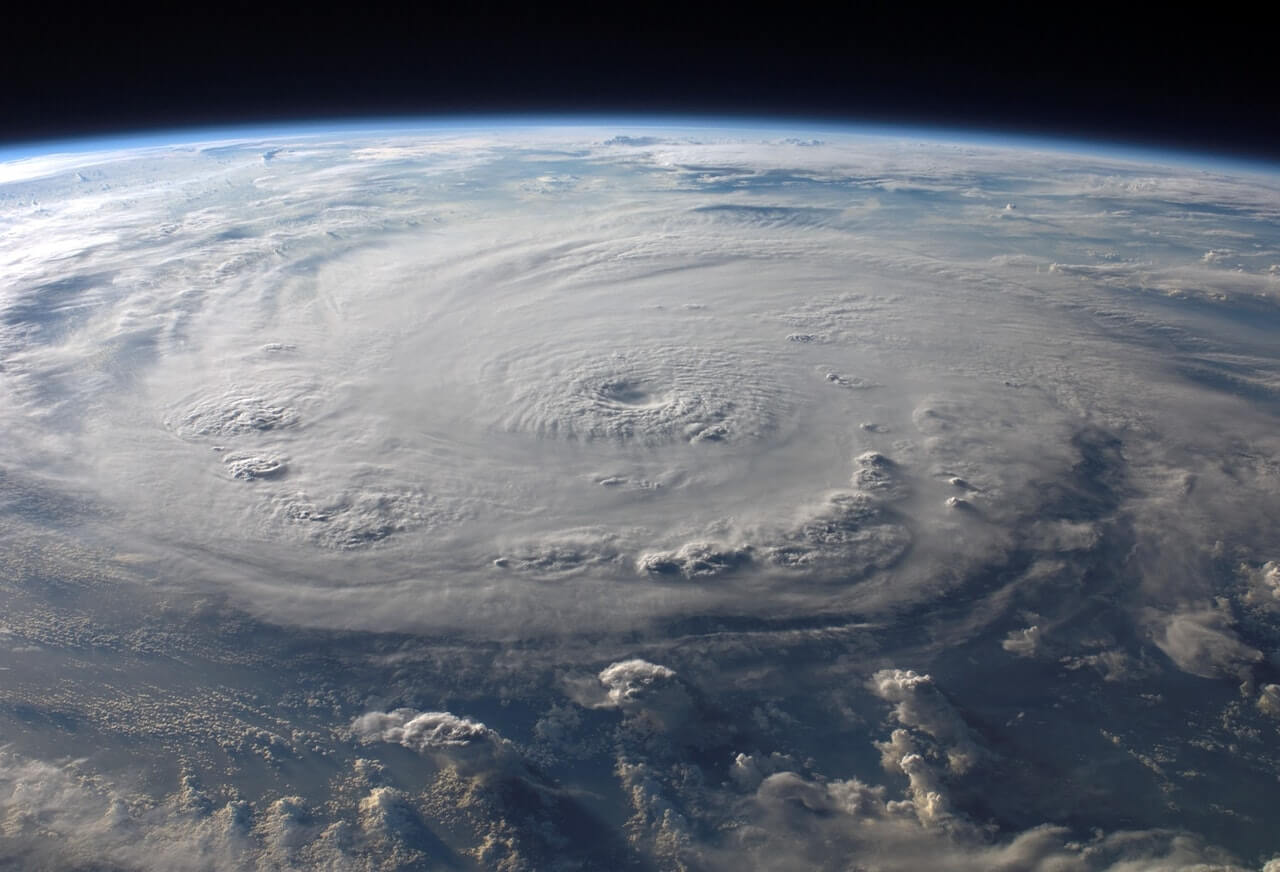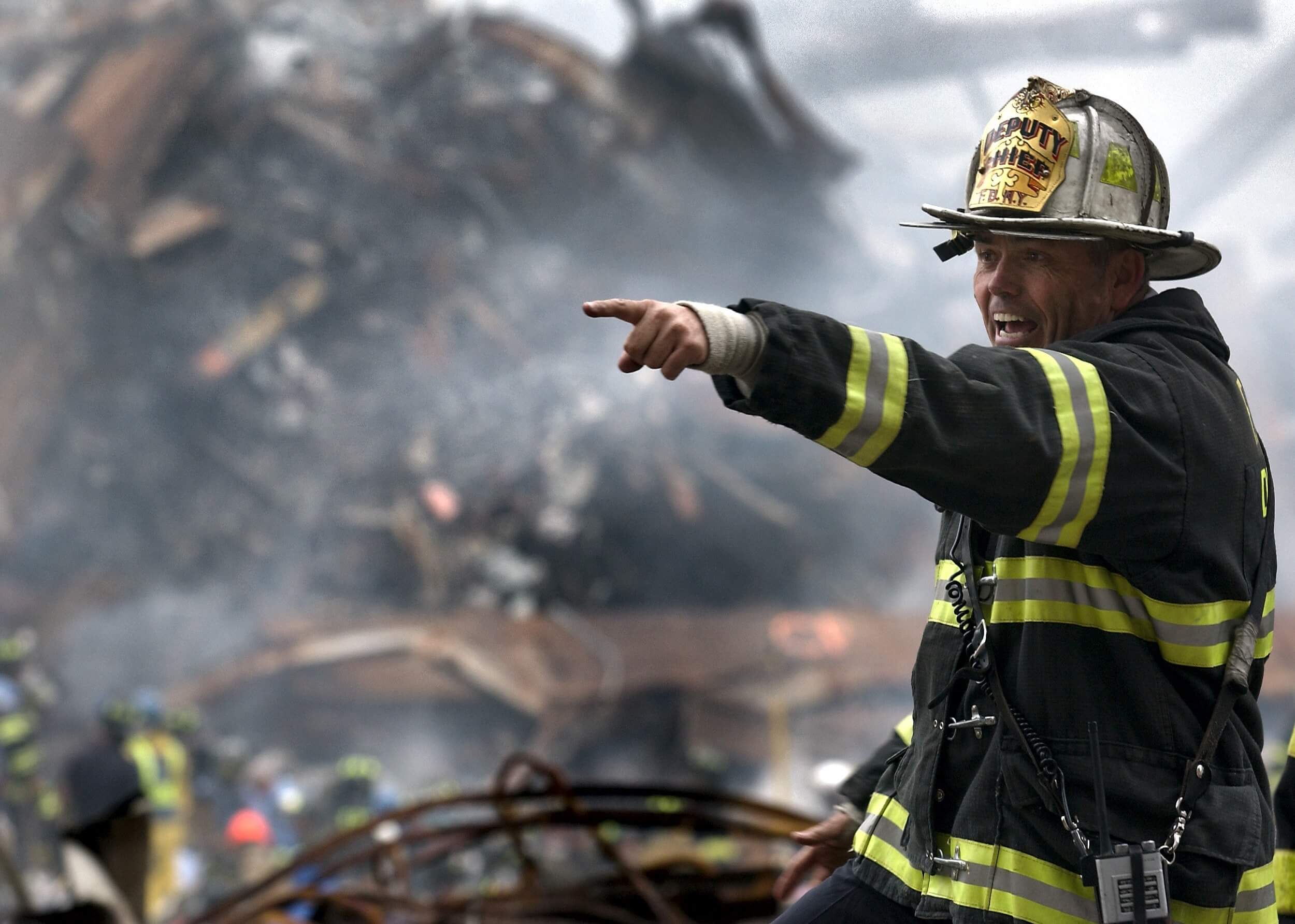How to Cope in a Catastrophe

No matter what corner of the planet you reside in, climate and weather-related catastrophes are inescapable. But you can reduce the chance of losing life and property by knowing how to prepare and cope with wind storms, floods, earthquakes, wildfires, etc.
Prepare an Emergency Kit
Having the right supplies on hand is one of the best ways to stay safe during a catastrophe. These supplies are related to survival and are basically the same for any disaster.
Every household should have an emergency kit that includes one gallon of drinking water along with non- perishable food for at least three days. Also, include a manual can opener, sanitary supplies, a first aid kit, cleaning products, and trash bags. Pack a change of clothing and blankets in a wet proof container. Make photocopies of important documents. If applicable, stock a supply of baby and pet essentials. If you take prescribed medications, pack an emergency stash, too.
Last but not least, a weather radio, which has plenty of models available, can keep you connected and informed of local conditions and advisories. Consider one that can operate by hand cranking when the batteries die and will double as a power bank for your phone.
Create a Catastrophe Plan
To keep your family safe during a catastrophe, create a detailed and outlined plan. Decide on a meeting place should your family members become separated, and make sure your pets have ID tags or are microchipped. Know where your local emergency shelters are and plan at least one route for evacuating. Take note that some roads may be blocked after storms and floods or during wildfires.
Make sure that you know how to shut off electric, gas, and water lines. Have a tool kit for this and make sure everyone knows where it is. Also, sign up for emergency alerts on your phone and program in emergency numbers.
Knowing how to perform CPR can be critical in an emergency. Fortunately, classes are available in person or online through the Red Cross.

Tips for Different Catastrophes
Wind Storms
Wind storms can happen anywhere and can pack a walloping punch. Hurricanes originate in the Atlantic, Pacific, and Indian oceans. They may be called cyclones or typhoons, but are basically the same.
Fortunately, meteorologists can pinpoint the location, strength, and arrival times of wind storms. Always heed evacuation warnings. Even a category one storm can down large trees and threaten life and limb. In the meantime, you can protect your home with a strong roof, doors, and storm windows.
Of all the wind and weather events, tornadoes are the most destructive, unleashing a funnel of wind and debris at up to 300 mph, and the warning period is much less than for hurricanes. If you don't have time to go to a shelter, head for the basement or the smallest, most inner room in your home, which must be away from windows. Cover yourself and family members with a mattress.
Earthquakes
According to the United States Geological Survey, an average of 15 major earthquakes occur around the world annually. If you live in an earthquake-prone area, make sure your home meets or exceeds local building codes to withstand a catastrophe.
When an earthquake strikes, shut off all utilities and get under a sturdy piece of furniture–away from windows, doors, and objects that can fall.
Floods
Flooding causes more damage than any other natural disaster. When threatened by rising waters, turn off all utilities and move to upper floors or evacuate to higher ground. Never walk or drive through flooded areas.
Wildfires
A combination of climate change and urban sprawl is causing more and more destruction from wildfires. Monitor conditions and have a to-go bag packed. Listen to local authorities for advice on when to evacuate. Don't delay. Shut off the air conditioning, gas, and propane supplies. Put a ladder against your home should firefighters need quick access to the roof.
839GYLCCC1992



Leave a Reply